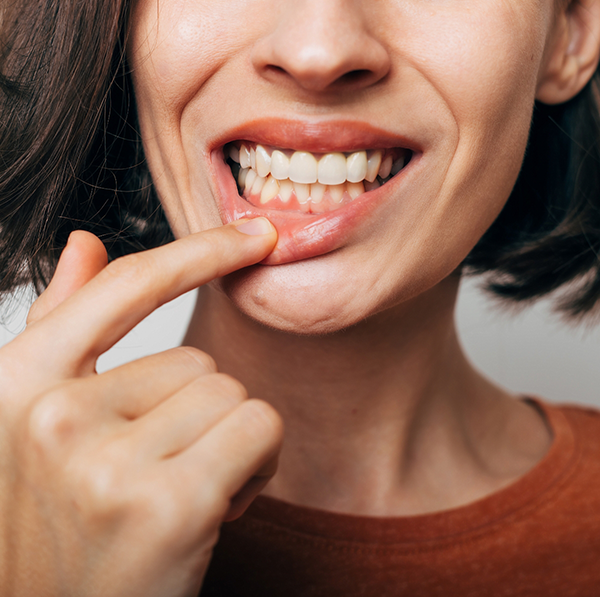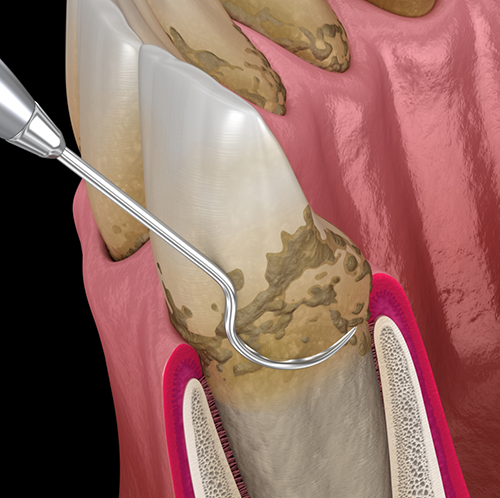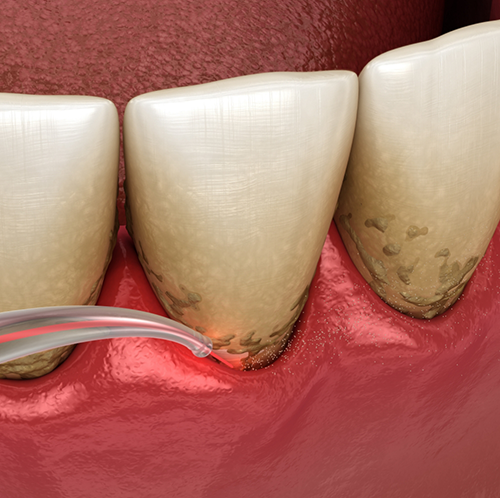Gum Disease Treatment Grand Prairie
Combatting the #1 Cause of Tooth Loss

Gum disease is one of the most common oral health problems in the United States. In fact, the Centers for Disease Control and Prevention estimates that one out of every two adults in the world experiences symptoms of this infection. Fortunately, gum disease is preventable and treatable, so our team can help protect your smile from this top cause of tooth loss. If you have red, swollen, or sensitive gums that bleed easily, call our office to schedule an examination or learn more about our approach to gum disease treatment in Grand Prairie.
Why Choose Pecan Tree Dental for Gum Disease Treatment?
- Fast & Gentle Laser Gum Disease Treatment
- Newly Remodeled, State-of-the-Art Dental Office
- 600+ 5-Star Google Reviews
Gum Infection Treatment (Scaling & Root Planing)

Scaling and root planing, more commonly referred to as a deep cleaning, is a two-step treatment process that’s designed to minimize bacteria accumulation around the gumline and help healthy gum tissue reattach to the teeth. First, one of our dental hygienists will remove any hardened deposits of bacteria from the roots of the teeth. The goal of this treatment is to stop the symptoms from progressing, and in some cases, reverse the infection altogether!
Laser Periodontal Treatment

For more advanced gum disease, this instrument is gentle and precise, allowing us to remove severely damaged gum tissue without the use of a scalpel or sutures. Our dental laser is able to cauterize the tissue to minimize bleeding, reduce recovery time, and dramatically lower your risk of post-operative infection. All of these benefits are in addition to the fact that it can kill harmful oral bacteria on contact to control your infection.
Antibiotic Treatment

In some cases, our team may recommend antibiotic treatment alongside a deep cleaning. The antibiotic typically comes in the form of a pill or medicated mouthwash and is prescribed for daily use. It’s important to complete the full course of antibiotics to prevent creating antibiotic-resistant bacteria. Once you’ve finished, we’ll have you come back in for a checkup to determine next steps.
